The motor of a modern car is a complex mechanism. The friction and pollution inside will inevitably have a negative effect on its performance. They entail premature wear of rubbing parts and blockage of the passage tubules. Machine owners reasonably argue that while minimizing friction and eliminating clogging, the engine will last much longer, consume less fuel and increase productivity. It really is. The main questions remain - which additive is better to fill in, and which additive works more efficiently? Having considered the best, according to motorists, additives for the engine, we can choose the most worthy options.
Today, the modern chemical industry produces a huge number of additives for the power units of cars that can improve its performance. In new engines it is recommended to use additives only for cleaning the injector and fuel system.
Important! Regular oil changes in the heart of a low-mileage car provide it with everything necessary for a reliable and trouble-free operation for a long time.
| Category | Title | price, rub. | Short description |
|---|---|---|---|
| Additives for gasoline engines | Suprotek Asset Gasoline | 1200 | It has been established by laboratory tests that it forms a protective layer that reduces friction. |
| Liqui Moly CeraTec | 1600 | The slightest nerves inside the engine disappear. The motor starts to run noticeably quieter. | |
| Hi-Gear SMT2 | 550 | The best additive for a motor with worn piston and connecting rod groups. | |
| Additive rating for diesel engines | Bardahl full metal | 1525 | The patented technology improves the adhesion of the oil film, which can significantly reduce the friction in a diesel engine. |
| AC-627 | 220 | Recommended for use in high mileage diesel engines. | |
| Suprotek Active Diesel | 1270 | The resulting nanofilm has a low coefficient of friction and smooths out scratches in parallel. | |
| Sealing Additives | Hi-Gear Stop-Flow | 450 | A special polymer formulation prevents oil leaks through gaskets and seals. |
| Liqui Moly Oil-Verlust-Stop | 700 | Deals with cracks in rubber parts, making them more elastic. | |
| AC-625 | 150 | The tool successfully fights against leaks of lubricant. | |
| Anti-smoke additives | Liqui Moly Visco-Stabil | 600 | Significantly reduces smoke emissions. |
| RVS Master | 1400 | The manufacturer indicates that these compounds cannot be used in engines whose resource has been exhausted by more than 50%. | |
| Kerry KR-375 | 350 | Specially formulated additive for vehicles with significant engine wear |
Below we consider what are the best additives manufacturers offer, their properties and principle of action.
There are 2 main classes of chemical compositions:
- Intended for use in gasoline power plants.
- Prescribed for use in diesel powertrains.
By the method of adding to the car itself, the chemical compounds are divided into 2 types:
- added to engine oil through the engine filler neck;
- poured into the fuel tank.
The chemical compounds added to the fuel through the tank are divided into 4 main groups:
- cleaning products;
- dehydrating;
- fuel saving;
- antiknock.
Poured directly into the motor are divided into 4 groups:
- washing;
- friction reducing
- restorative;
- restorative or anti-friction.
Signs of resource depletion
Car owners know their swallows very well.Drivers who periodically use the car in everyday life clearly know that even the best additive in a diesel engine is absolutely not suitable for a unit that uses gasoline in a daily diet. It is important to understand this difference fundamentally.
It often happens that in a motor whose operating life is running out, oil leaks form at the locations of rubber gaskets and oil seals. By adding chemical compounds to the engine, you can temporarily get rid of this problem. The thickeners included in the additive make the oil thicker and create a film on the surface. This peculiar shield prevents the oil from seeping into the formed cracks.
Also, one of the signs indicating the need for a major overhaul is an increased smoke exhaust during operation. In this case, the chemical industry of our time can also temporarily help in eliminating these symptoms of an engine disease. The principle of operation of additives that reduce the smoke of exhaust gases is to increase the viscosity of the oil. A smaller amount of oil falls into the piston group and, accordingly, it burns less.
Additives for gasoline engines
- Suprotek Asset Gasoline - an indicator of demand for the Suprotek Asset Gasoline composition unmistakably indicates that this is the best additive for a gasoline engine that reduces wear on rubbing parts. It has been established by laboratory tests that it forms a protective layer that reduces friction.
Price: from 1200 rubles.
- Liqui Moly CeraTec - Continuous use reduces wear on rubbing parts. The slightest nerves inside the engine disappear. The motor starts to run noticeably quieter. Another 50 thousand kilometers you can not worry about excessive friction.
Price: from 1600 rubles.
- Hi-Gear SMT2 is the best motor supplement with worn piston and connecting rod groups. The additive contains the innovative SMT2 air conditioner, which reduces dynamic loads on important parts. Price: from 550 rubles.
Additive rating for diesel engines
The main task of the composition is to prolong the life of the engine.
- Bardahl Full Metal - This additive helps extend the life of a diesel engine with heavy wear. The patented technology improves the adhesion of the oil film, which can significantly reduce the friction in a diesel engine.
Price: from 1525 rubles.
- AC-627 is a chemical composition developed by domestic engineers. Recommended for use in high mileage diesel engines. Eliminating gaps from natural wear and tear, it helps to seal the piston group.
Price: from 220 rubles.
- Suprotek Active Diesel is an excellent additive for the respective engines. The resulting nanofilm has a low coefficient of friction and at the same time smoothes out scratches that appear during the long-term operation of the engine.
Price: from 1270 rubles.
The Importance of Sealing - What Additives Are Best To Pour When It Is Lost
- Hi-Gear “Stop-leak” - a special polymer formula of the composition stops the leakage of oil through gaskets and oil seals. Contact with air ensures the polymerization of the additive, due to which the engine tightness is restored.
Price: from 450 rubles.
Price: from 700 rubles.
- AC-625 - the product successfully fights against leaks of lubricant. By softening the gaskets and seals, a sealing effect is achieved.
Engine smokes and smokes - deferral of major repairs
- Liqui Moly Visco-Stabil is an additive designed to protect engine parts and oil composition when fuel constantly enters the oil system.Significantly reduces smoke emissions.
Price: from 600 rubles.
- RVS Master - the manufacturer indicates that these compounds cannot be used in engines whose resource has been exhausted by more than 50%. In other cases, smoke is significantly reduced with constant use.
Price: from 1400 rubles.
- Kerry KR-375 is a specially developed additive for vehicles with significant engine wear. Locally shows good results, but in the long run is more suitable as a preventative.
Price: from 350 rubles.
There is an exit
The loss of some performance characteristics of a car engine does not always mean that it is time to overhaul it. Thanks to the modern chemical industry, the natural wear of parts can be significantly slowed down. By adding chemical compositions of additives, it is possible to significantly improve the basic performance of modern engines.
It is important to understand that the same chemical additive can act differently on the engine. Much depends on the degree of wear and tear and on indicators that need to be improved.
By adding additives, you can restore the engine to working, but it will still be a temporary effect and will give a delay from the overhaul. With significant wear, it is better to immediately repair the unit than to constantly pour expensive compounds into it. The fight against symptoms does not eliminate the causes that led to the impoverishment of the engine's working life. Long-term use of additives without engine repair one day can lead to the fact that the heart of the machine simply refuses to work.
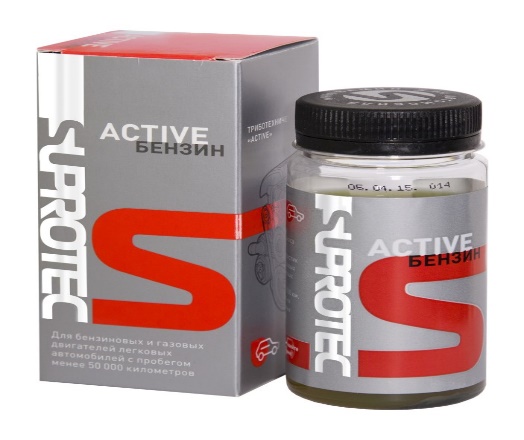
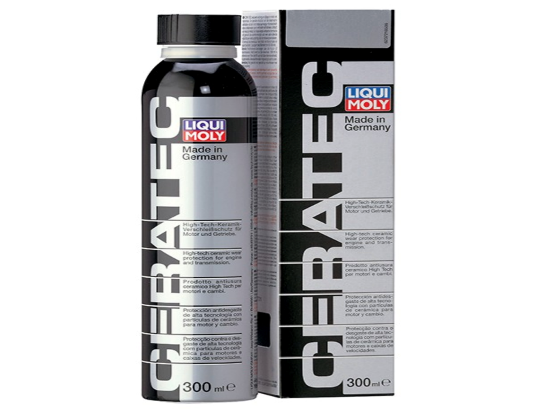
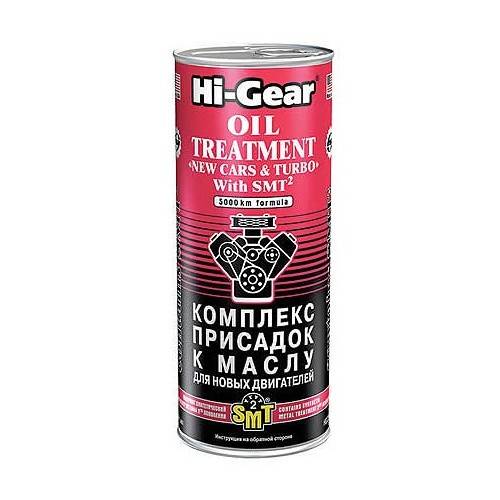
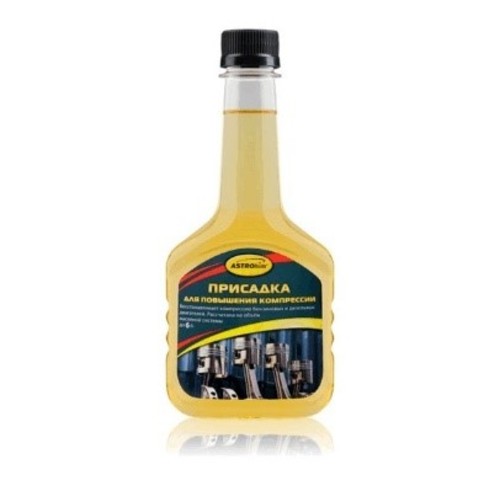
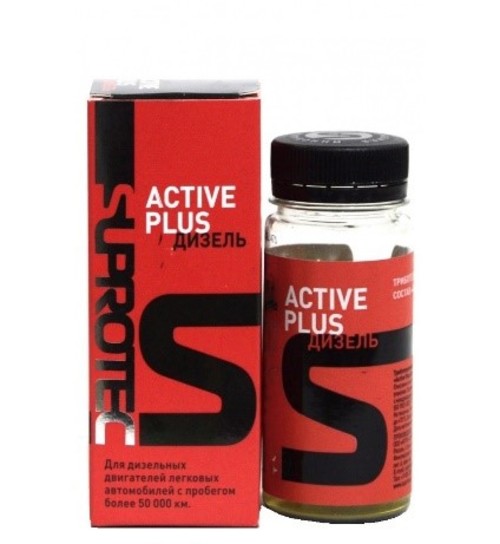
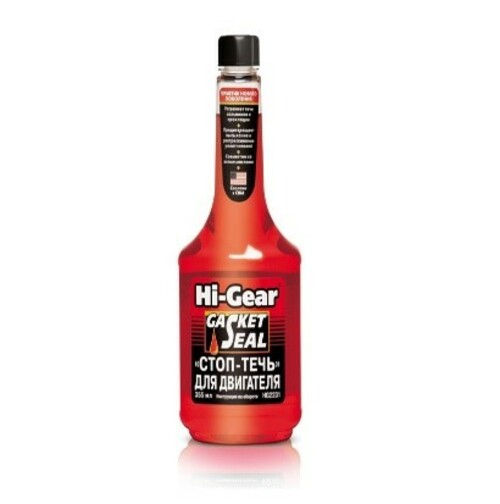
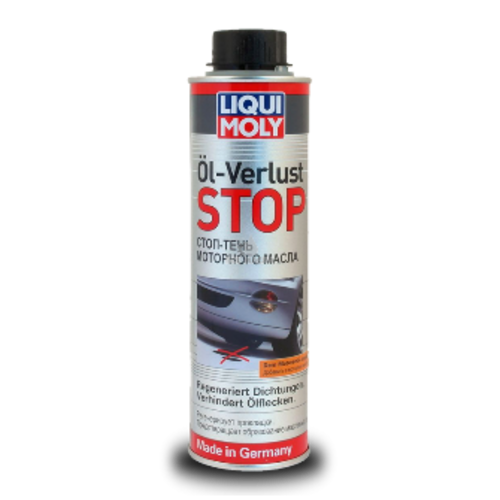
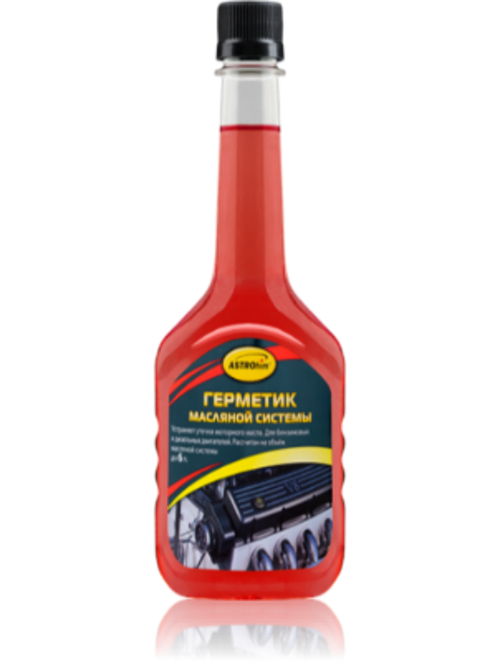
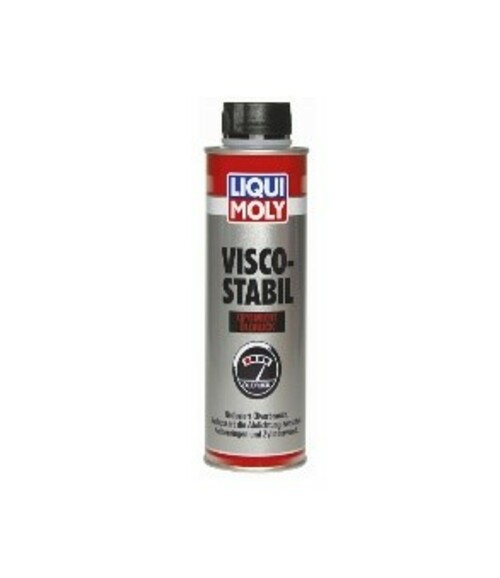
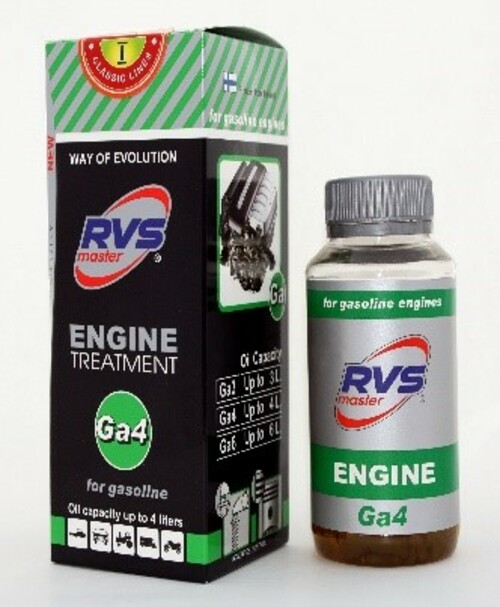

 The best refrigerators 2018 quality rating
The best refrigerators 2018 quality rating 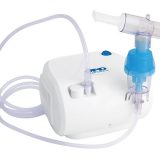 Nebulizer rating of the best
Nebulizer rating of the best 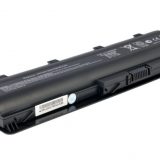 As10d81
As10d81  Top 5 best off-road electric scooters
Top 5 best off-road electric scooters 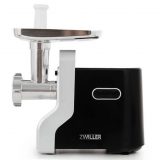 TOP-5 electric meat grinder 2020
TOP-5 electric meat grinder 2020 

